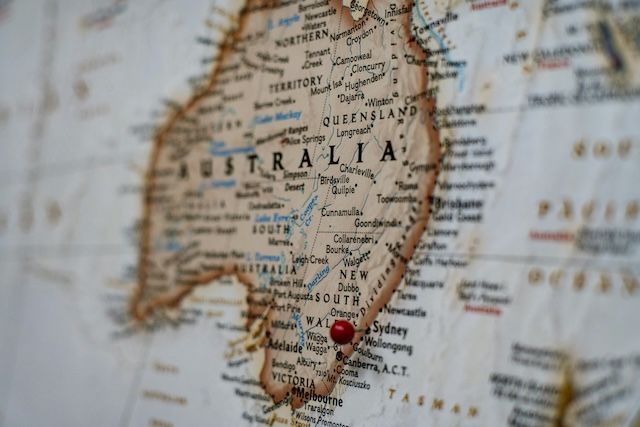MSF 2020: Transforming Global Midwifery Care
The Midwifery Services Framework (MSF) 2020 is a global initiative to reshape midwifery services, enhancing the quality of maternal and newborn health. Developed by experts, it provides governments with the tools to build, assess, and refine midwife-led care.
In a world struggling with disparities in health care, Sexual, Reproductive, Maternal and Newborn Health (SRMNH) services are central to the wellbeing of women and children. These services encompass the very essence of sustainable and accessible health care, targeting an integral aspect of human life. Recognizing the essential role of midwifery in providing these services, the International Confederation of Midwives (ICM) and its partners developed the Midwifery Services Framework (MSF) 2020, an evidence-driven strategy to reshape midwifery services around the globe.
Why MSF? MSF isn’t just a concept; it’s a transformative approach. It offers a systemic strategy for strengthening health systems and enhancing the quality of sexual and reproductive health care. Research underscores that care from midwives can avert over 80% of maternal deaths, stillbirths, and neonatal deaths. Additionally, the continuity of care from midwives improves health outcomes, reduces unnecessary interventions, and elevates the quality of care, including women's satisfaction. Clearly, midwives are pivotal in boosting the health of mothers and children and ensuring Quality of Care (QoC).
 Photo by Kelsey Knight
Photo by Kelsey Knight
MSF is an intricately designed framework to upscale midwifery programs, synchronize them with the national Human Resources for Health (HRH) agenda, and amplify health system efficacy. It’s not just a blueprint but a dynamic set of tools that guide governments and stakeholders in assessing, improving, and achieving health goals. It offers clarity in terms such as education, regulation, workforce management, and the specific care that women and newborns need, resulting in a definitive action plan.
Components and Objectives of the MSF
The MSF can be adapted in sequence or in parts to sculpt or assess a country’s midwifery services. Its objectives are comprehensive:
Detailing guidelines to establish, develop, or refine midwife-led services in alignment with a country’s unique health system and needs.
Materializing the fundamental role of midwife-led services in enriching women’s and children’s health.
Encouraging a pragmatic approach to improve access to midwives for all families, thus diminishing maternal and newborn mortality and morbidity.
MSF 2020: A Progress Report
Conceived in 2015, MSF's implementation between July 2015 and April 2018 saw progress in countries such as Afghanistan, Bangladesh, Ghana, Kyrgyzstan, Lesotho, and Togo, with support from the Bill & Melinda Gates Foundation. An independent evaluation concluded in June 2019, followed by a panel review by ICM, which led to subsequent modifications to the MSF.
MSF 2020's implementation begins at a national government’s request. Its methodology is a well-defined roadmap that mirrors the nations' commitment to quality health care.
The Midwifery Services Framework is more than a health strategy; it is a testament to global cooperation and a dedication to universal health standards. Through its systemic approach, emphasis on quality, and adaptability, it seeks to redefine how midwifery services can become an integral part of health systems. The success of MSF in various countries highlights its potential as a robust tool for change. The roadmap presented by MSF 2020 represents the culmination of years of research, collaboration, and practical implementation. It’s a beacon for how comprehensive care, aligned with international standards, can be provided through midwives. The continuous evolution of MSF, responsive to the needs of the world, marks a significant stride in healthcare development, with the promise of a healthier future for women and children worldwide.
Source: ICM





